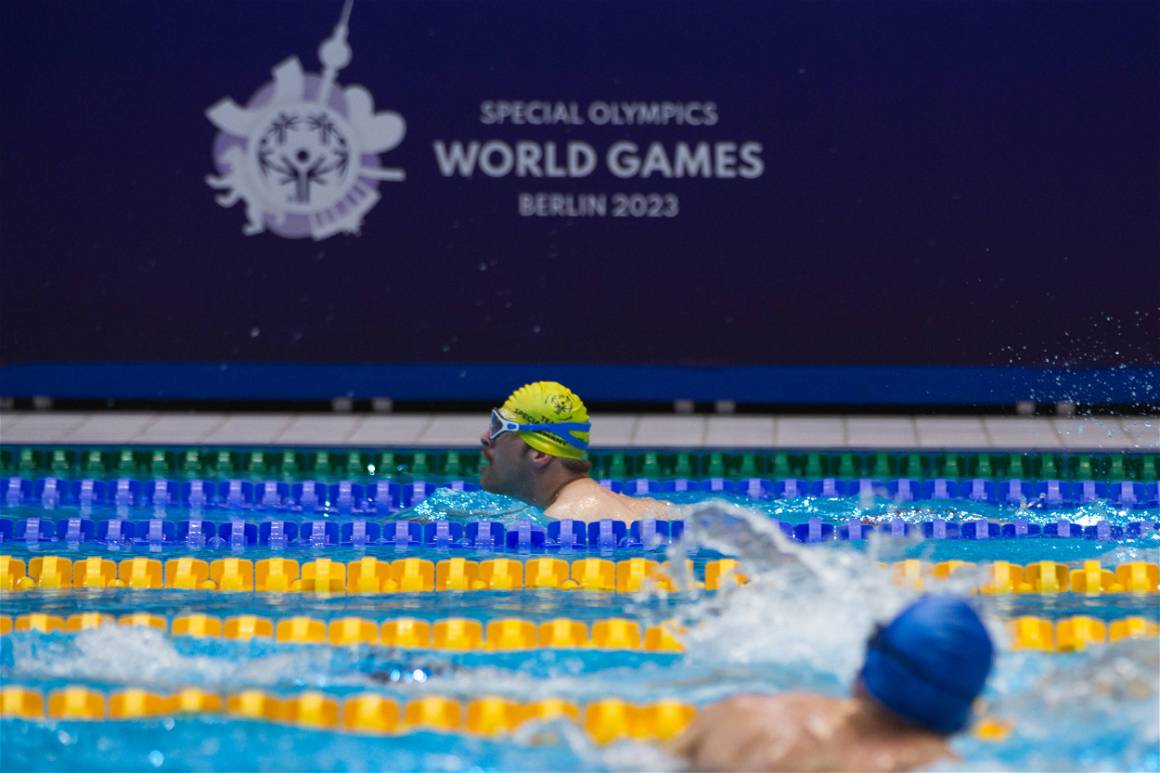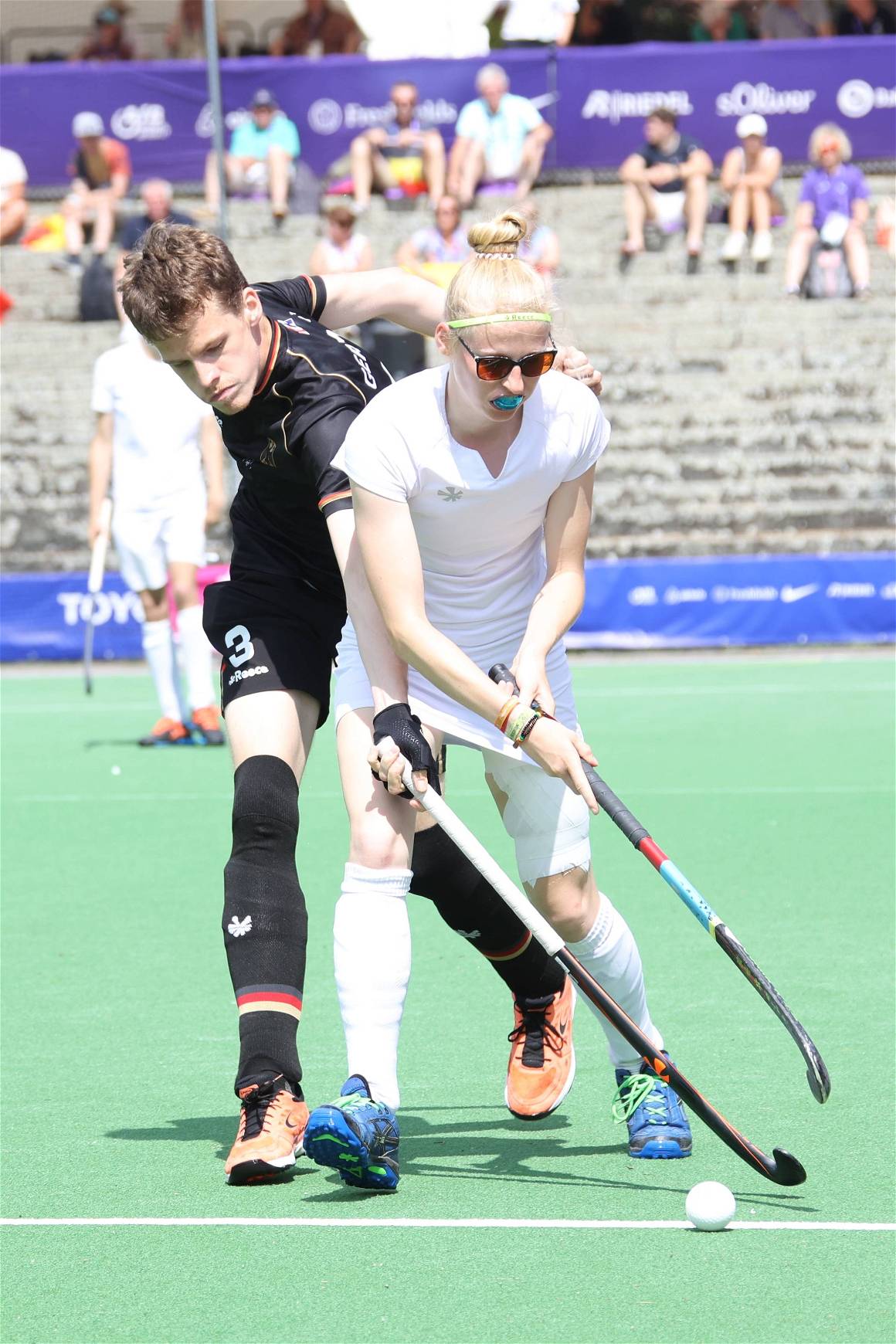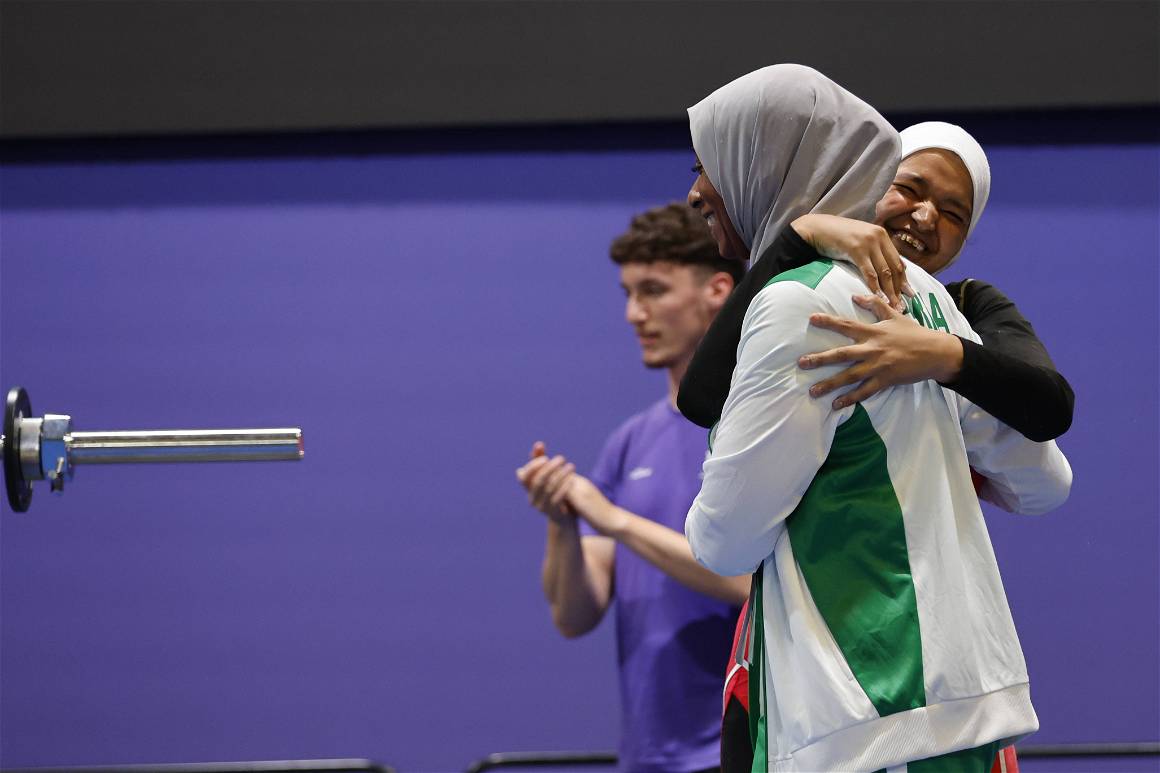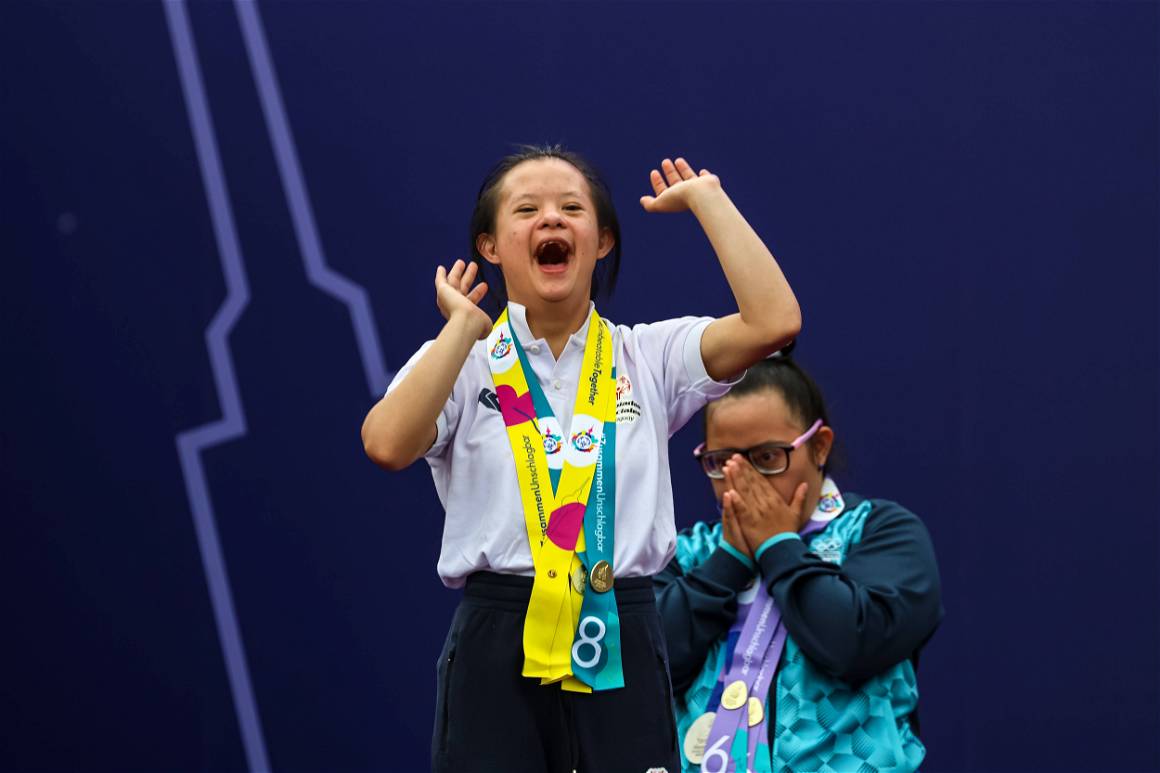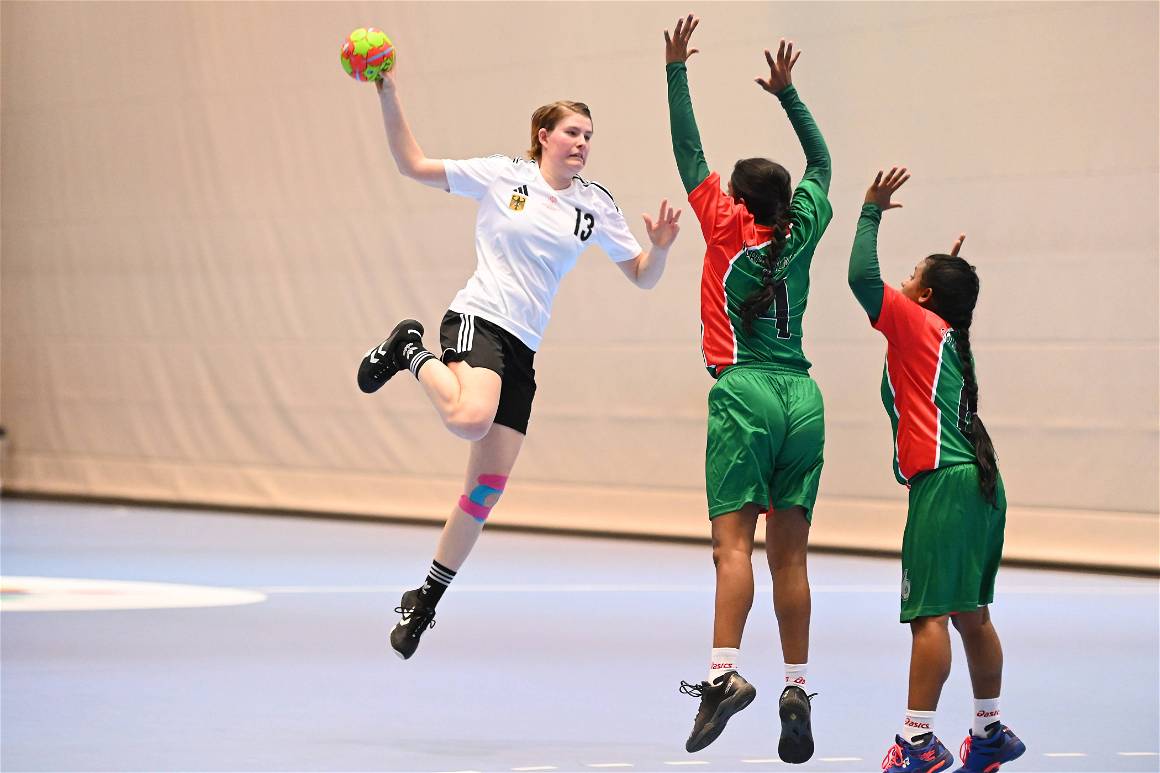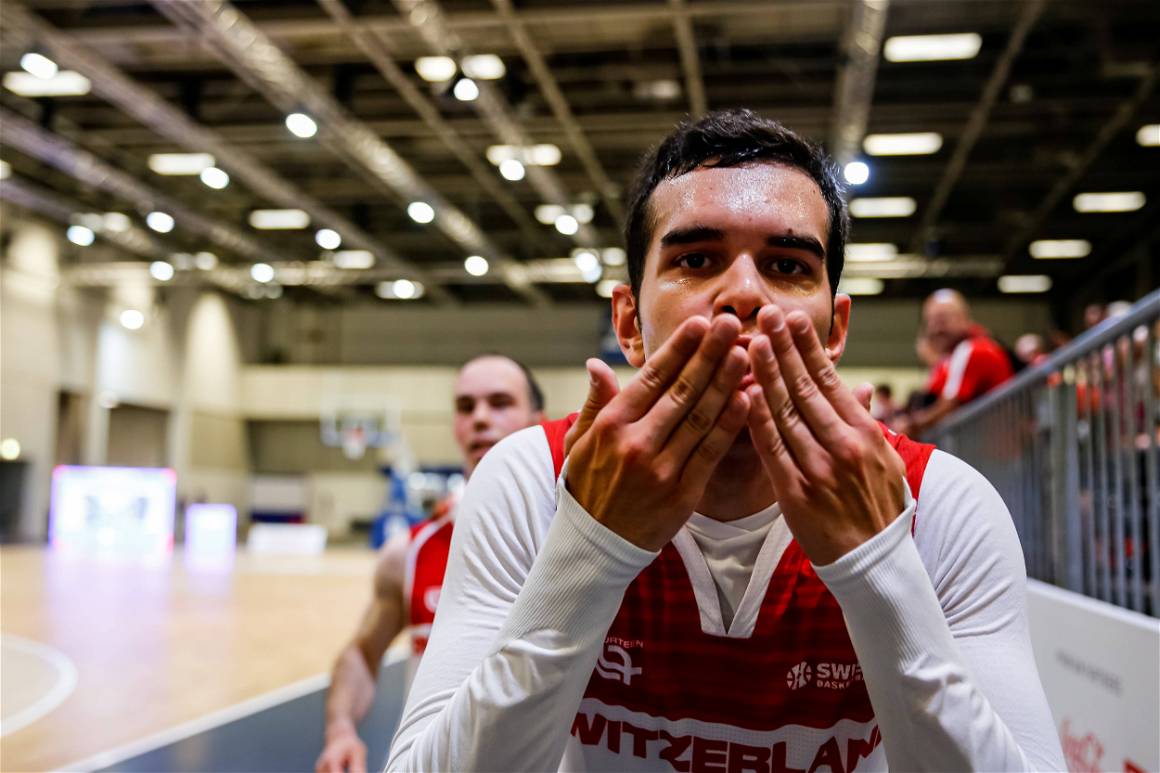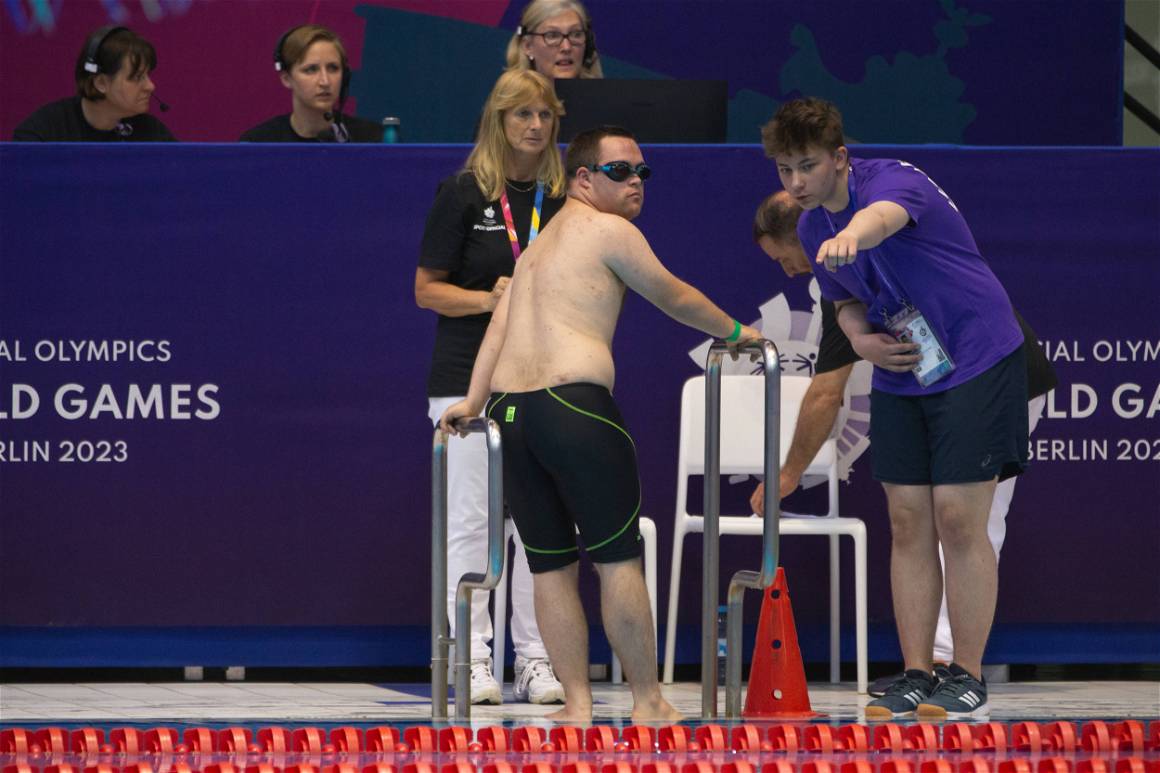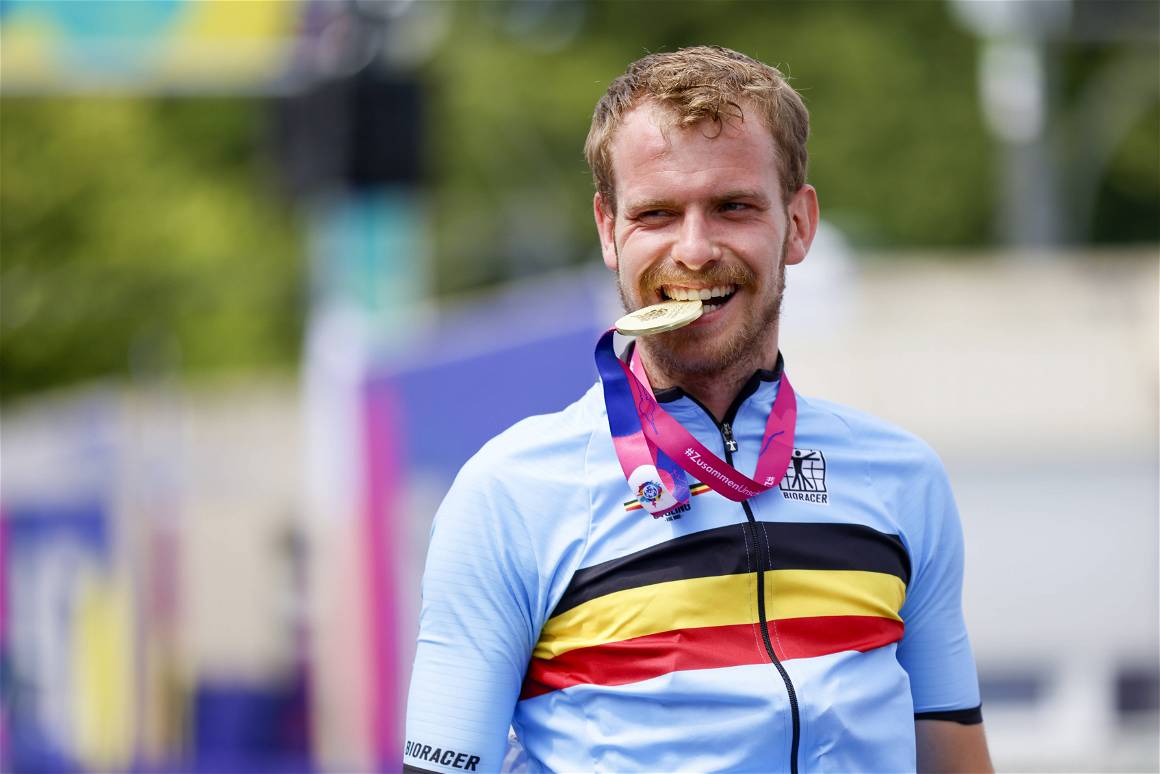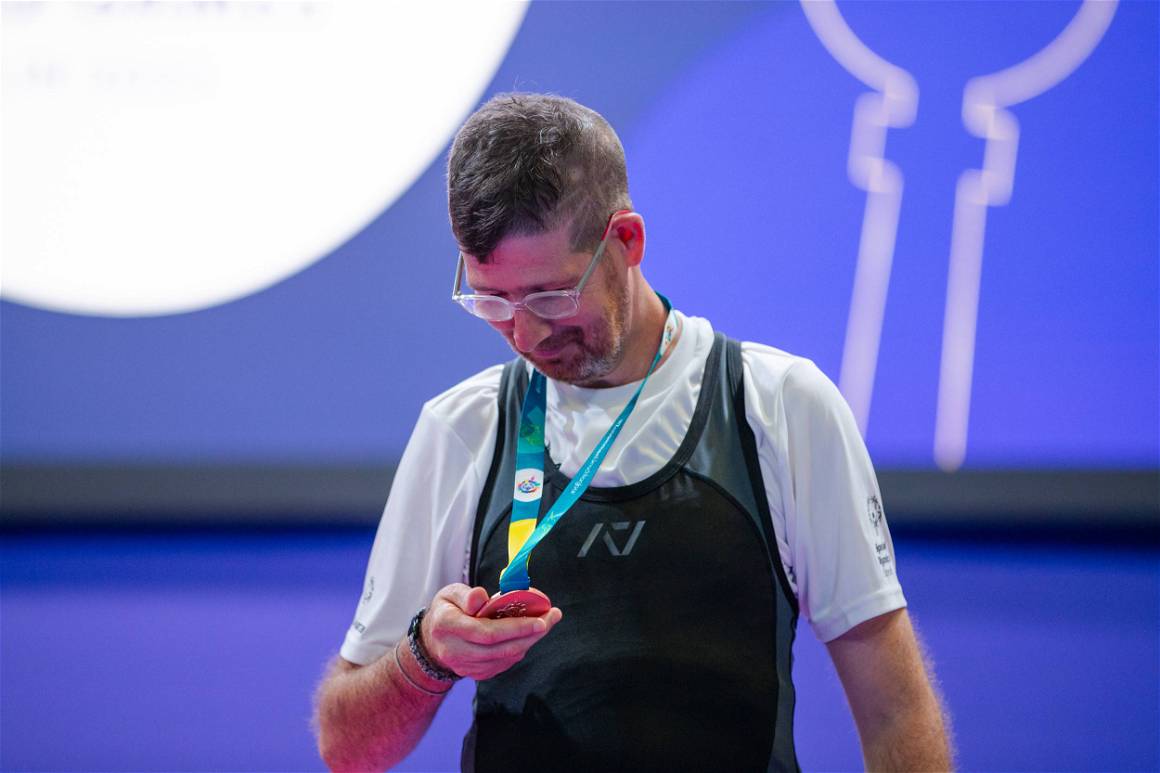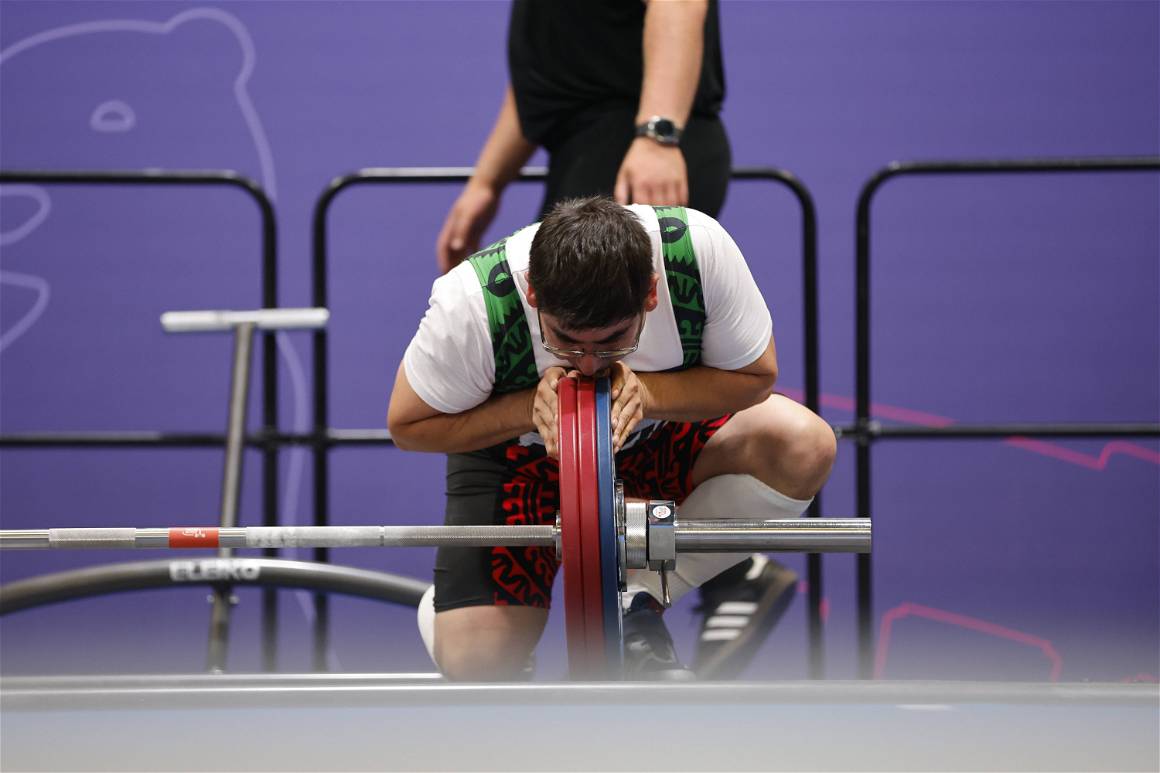Berlin is hosting the largest inclusive sports competition in the world. In 26 different sports, thousands of people with intellectual disabilities participated side by side and competed for nine days in thrilling and inspiring events.
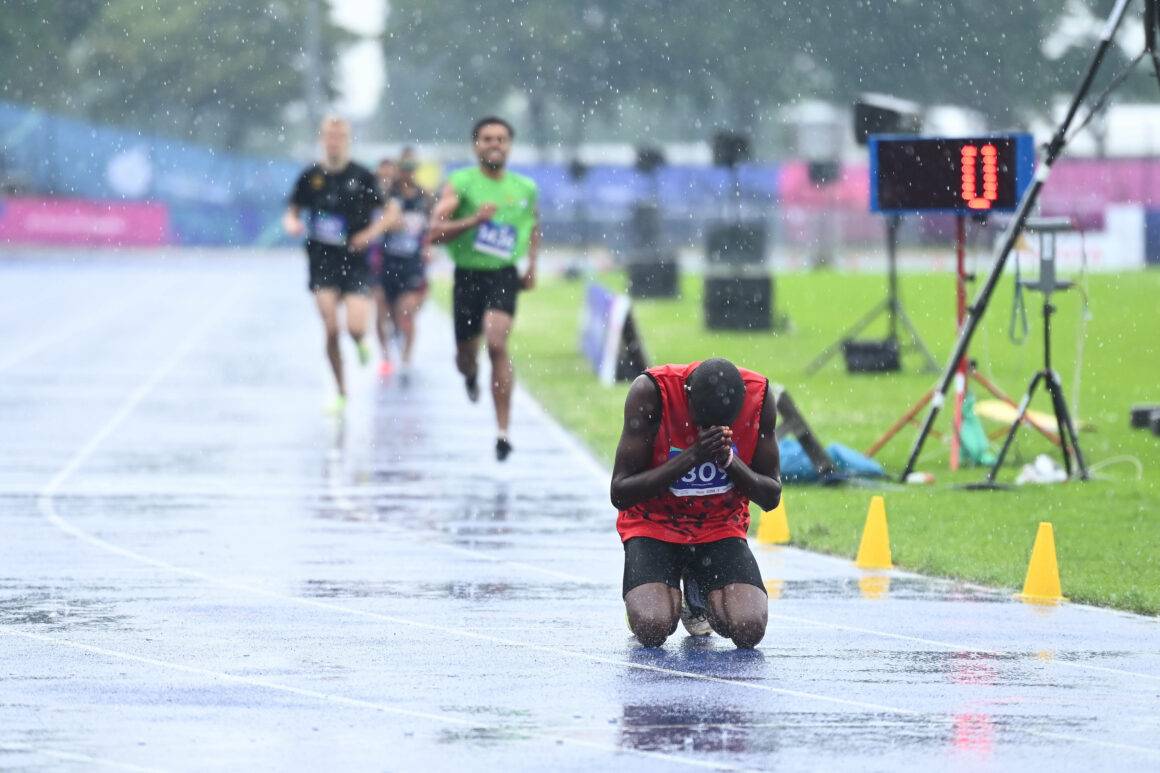
Together Unbeatable at the Special Olympics World Games
It’s the first time that Germany has hosted the Special Olympics World Games, which are taking place in Berlin. The Special Olympics is a worldwide effort to build more accepting and welcoming communities for individuals of all abilities. Since its humble beginnings as a summer camp for people with intellectual disabilities in 1968, the Special Olympics has become an international success story.
People with intellectual disabilities, whether young or old, suffered from exclusion in the 1960s. They had been hidden in private residences or psychiatric wards. They were denied opportunities for education, employment, and recreation.
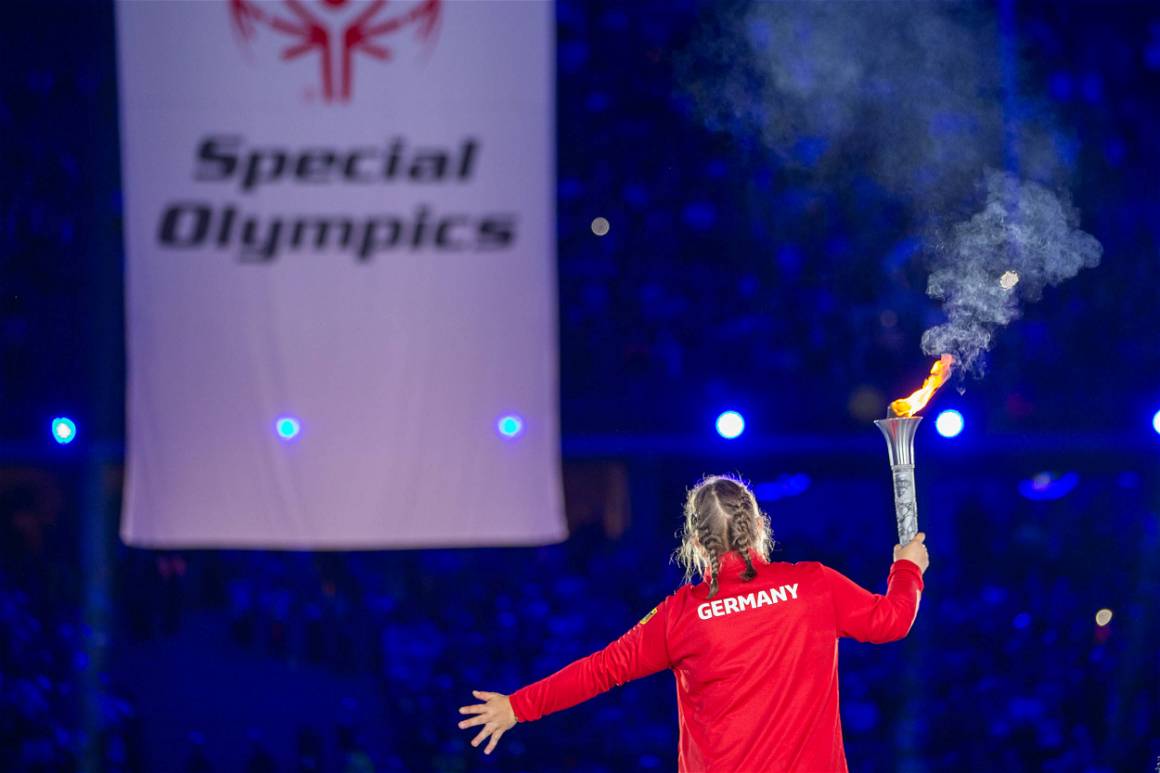
From the Daybreak to Berlin
The tides of history began to turn in July of 1968. Soldier Field in Chicago was the site of the first-ever Special Olympics competition for children and young adults with intellectual disabilities. The objective was to focus attention on people’s strengths rather than their disabilities.
An international movement on behalf of individuals with intellectual disabilities had its “daybreak” in 1968, and it has been called such. The Special Olympics Games in Chicago gave these athletes a chance to shine in the spotlight and enjoy themselves without fear of discrimination.
In an effort to bring a greater spotlight to the Special Olympics, The Game magazine selected some highlights and thoughts from the tournament in Berlin as seen through the eyes of different writers and photographers.
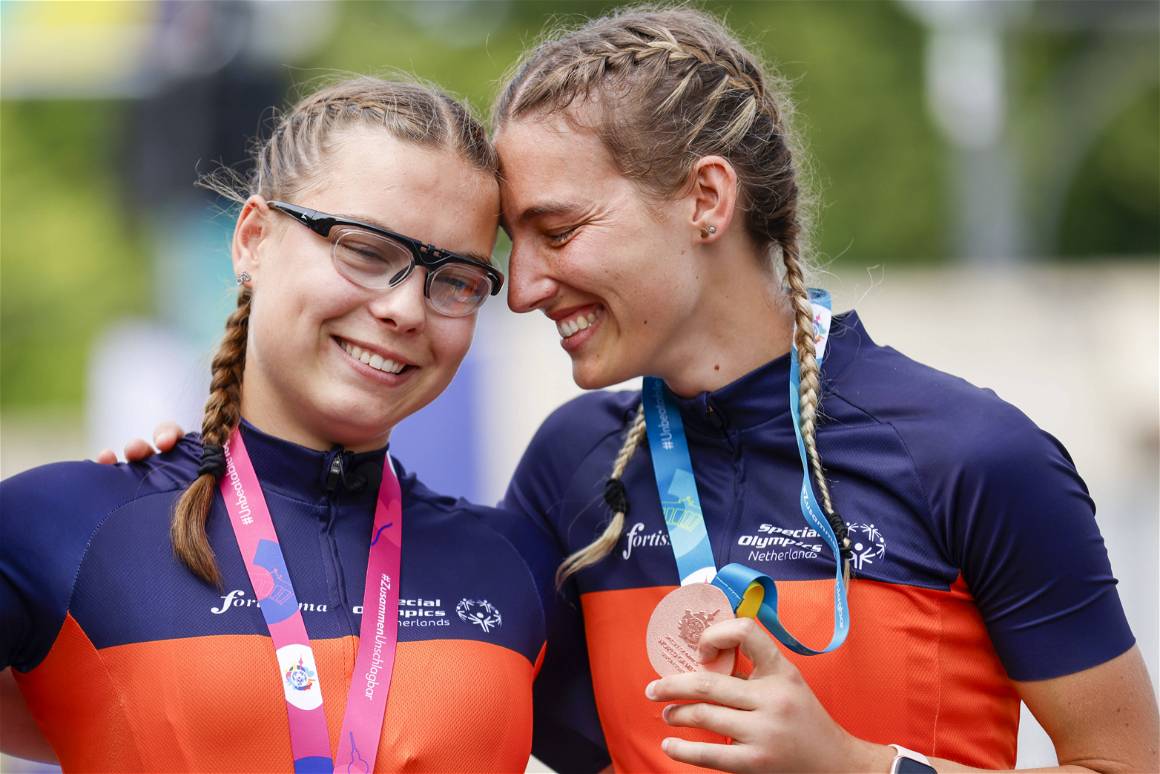
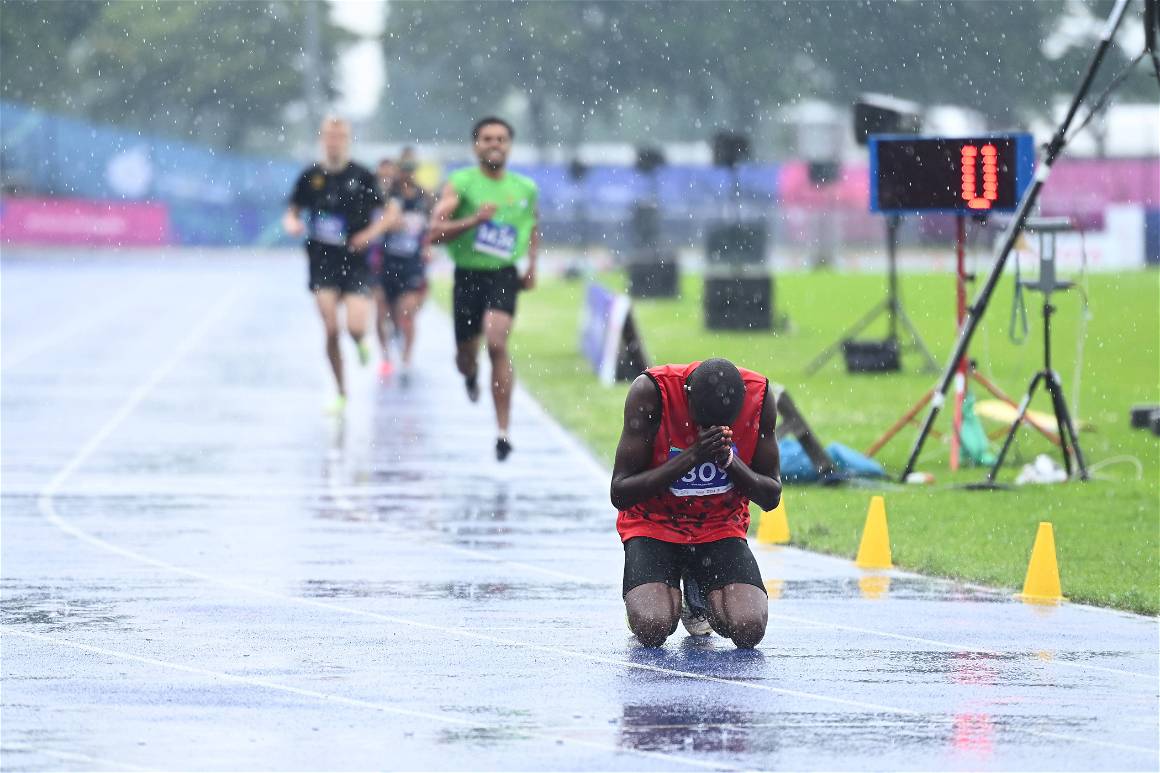
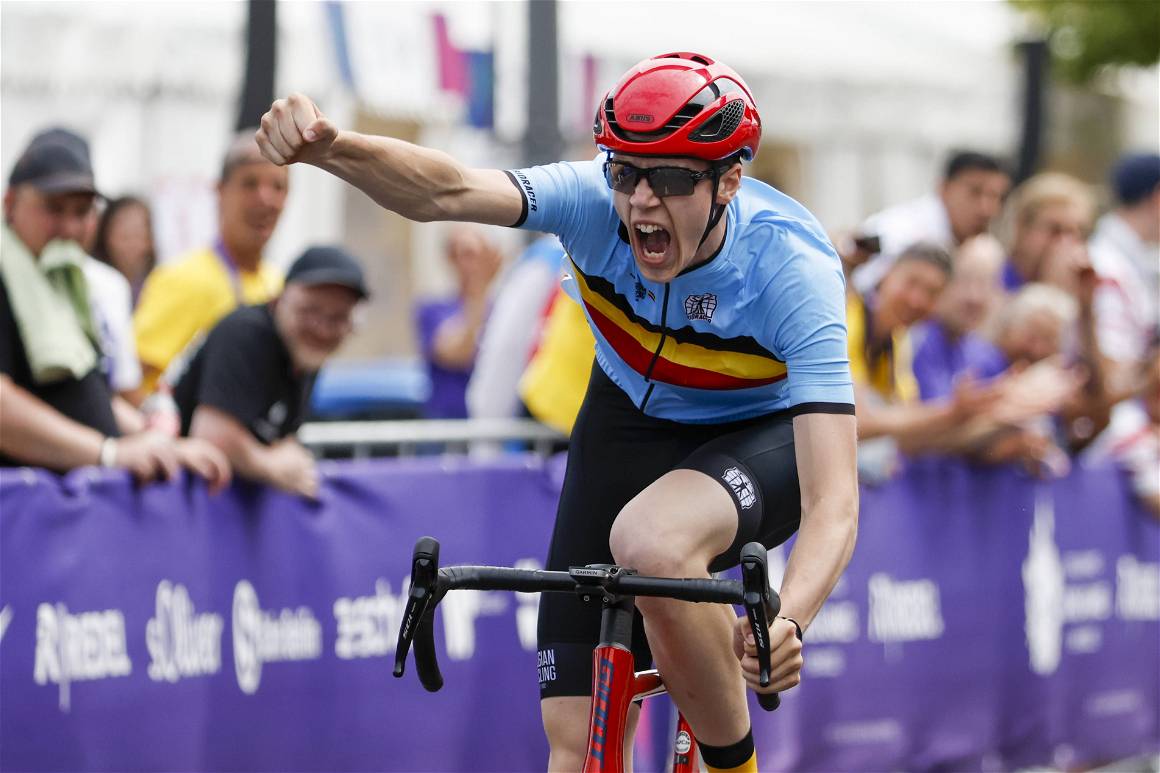
A Spotlight on the Special Olympics World Games?
Never before in Germany’s history have people with intellectual disabilities received so much attention, as at the Special Olympics World Games Berlin 2023. In its role as host broadcaster, the Games Organizing Committee will produce more than 400 hours of live sports, as well as daily highlights, background reports and special features.
The unique alliance of eleven German media companies, which until now have tended to compete with each other in the battle for moving image rights, is already having a clear impact before the Games are over. Still unusual but highly deserved, people who otherwise often remain inconspicuous in society are moving into the spotlight. The media’s closing of ranks is providing a significant boost to the cause of inclusion.
Written by Tom Mustroph (a highlight from the original article, translated from German)
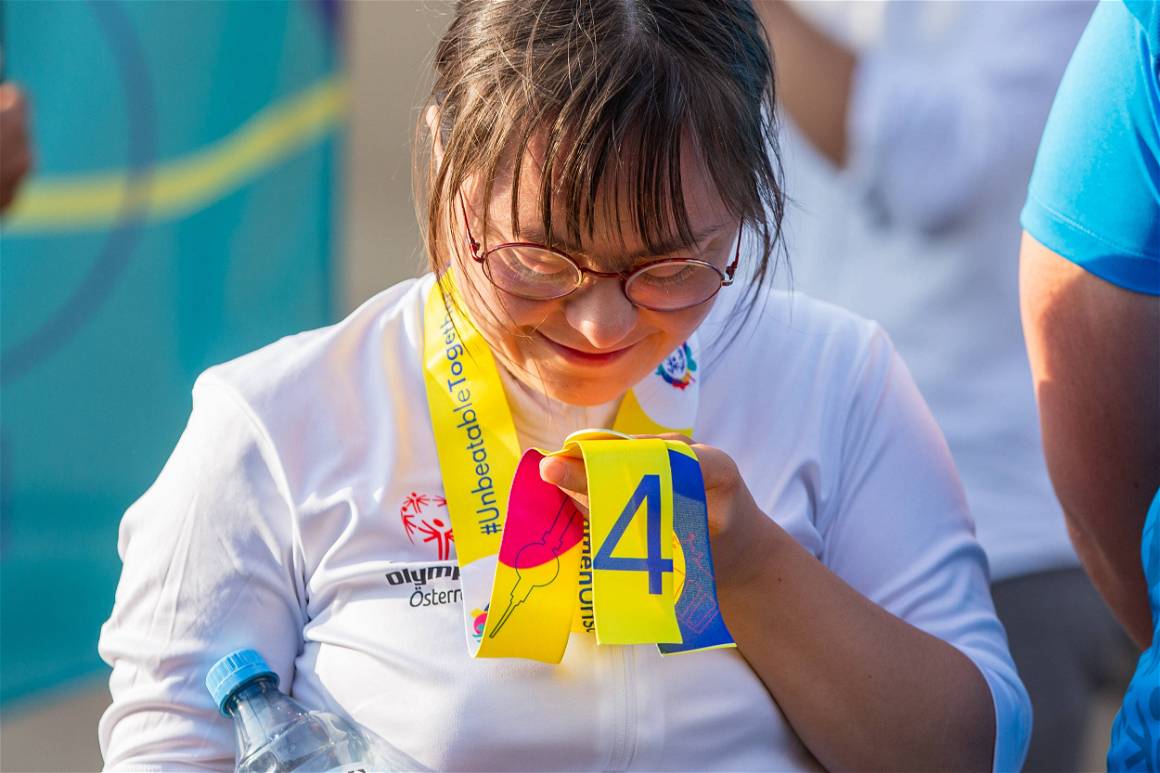
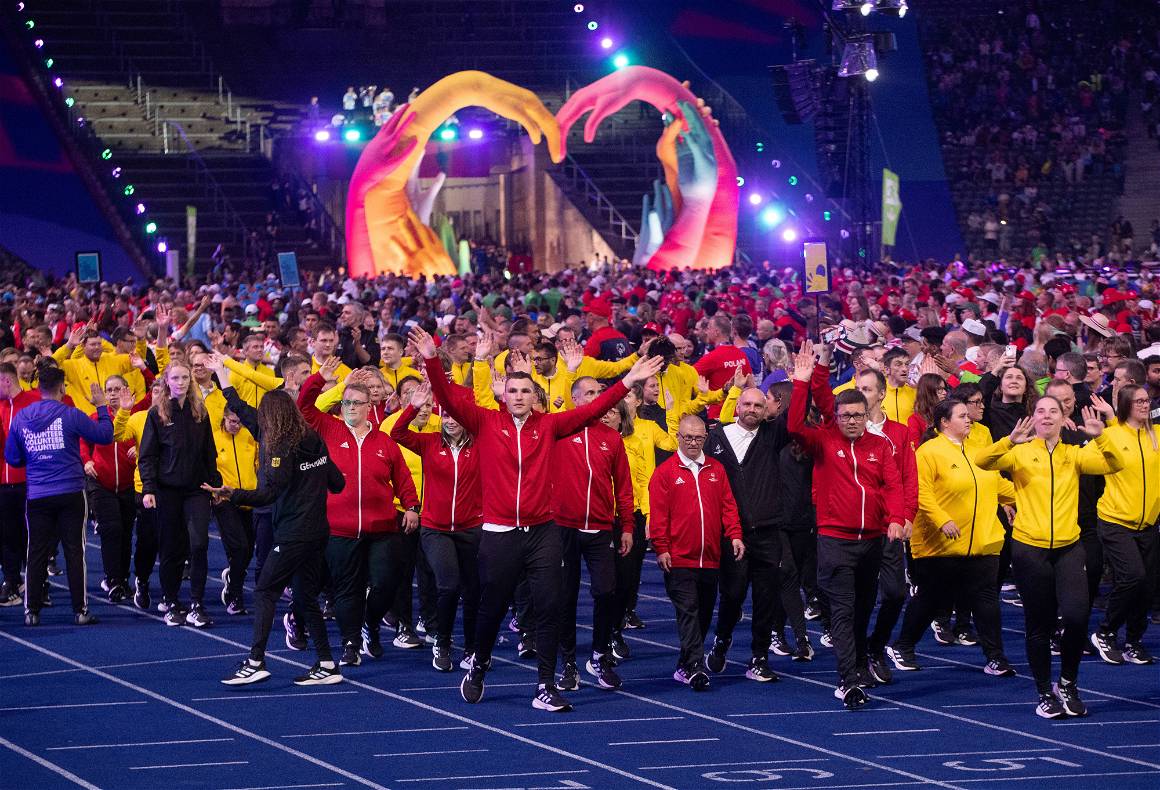


The Basket on Fire
The court has been set up in the city center in front of the Rotes Rathaus. Thousands of visitors flock to the facility every day. The two grandstands are always packed. In front of them, spectators queue up in the morning to experience the live matches.
Volunteers stand guard as the teams enter the arena. Music accompanies the games all the time, only briefly interrupted by the commentator who informs the spectators about referee decisions or the score, just like in indoor basketball. 3×3 basketball is “in”. “The spectators are having a great time,” says Meyer. “It’s one big party. The energy here fascinates everyone: players, coaches, referees, spectators.” For NBA legend Dirk Nowitzki, this is no surprise: “This is a great sport with a great future. It’s a bit different from five-on-five. It goes back and forth much faster, of course. You don’t have to run up and down the floor; everything happens under one basket. That means if you lose the ball, you have to switch immediately and defend. There’s action all the time.” 3×3 basketball is beneficial for people with intellectual disabilities. As the group sizes are smaller than in the hall, the teams are formed more quickly.
The spectators at the Red Town Hall experience the fascination of 3×3 basketball firsthand. The tempo is high, and not an inch of ground is lost. The ball is constantly flying toward the basket. “There’s a lot of action,” says Meyer. “But the athletes are very ambitious. They enjoy the atmosphere.” The premiere leaves no questions unanswered: 3×3 will be a permanent feature at Special Olympics in the future.
Words by Michael Schwartz (translated from German)
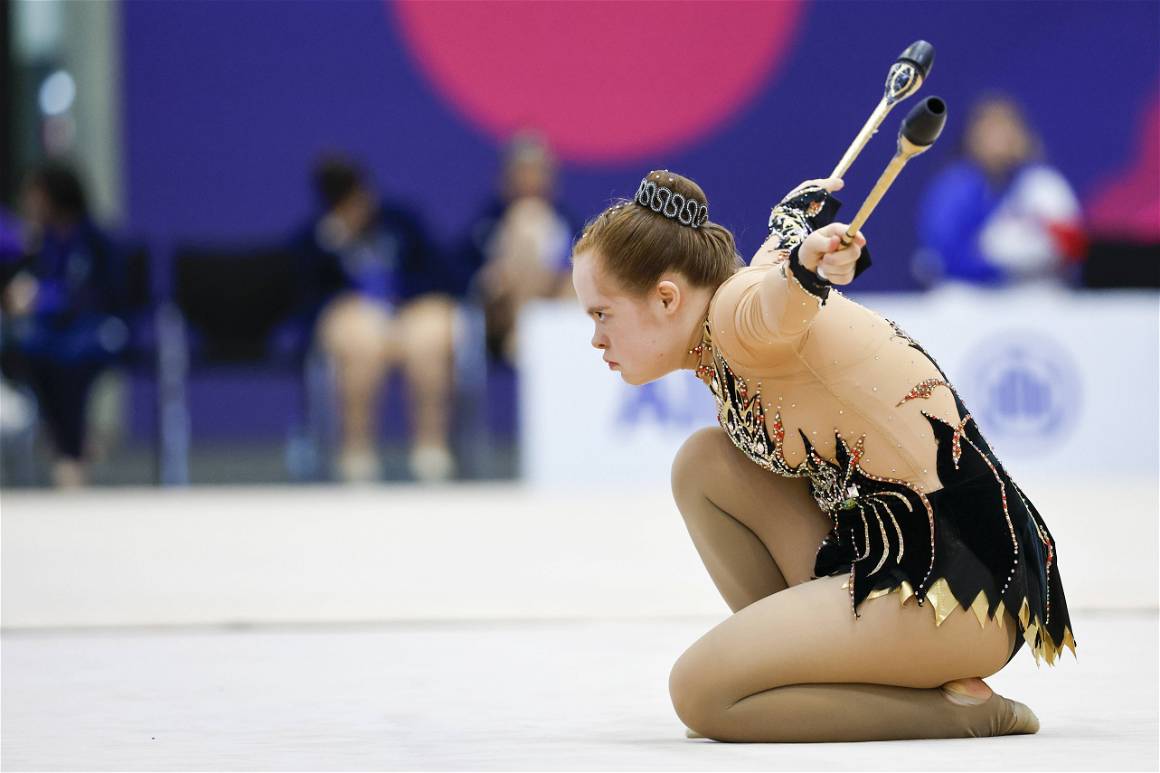
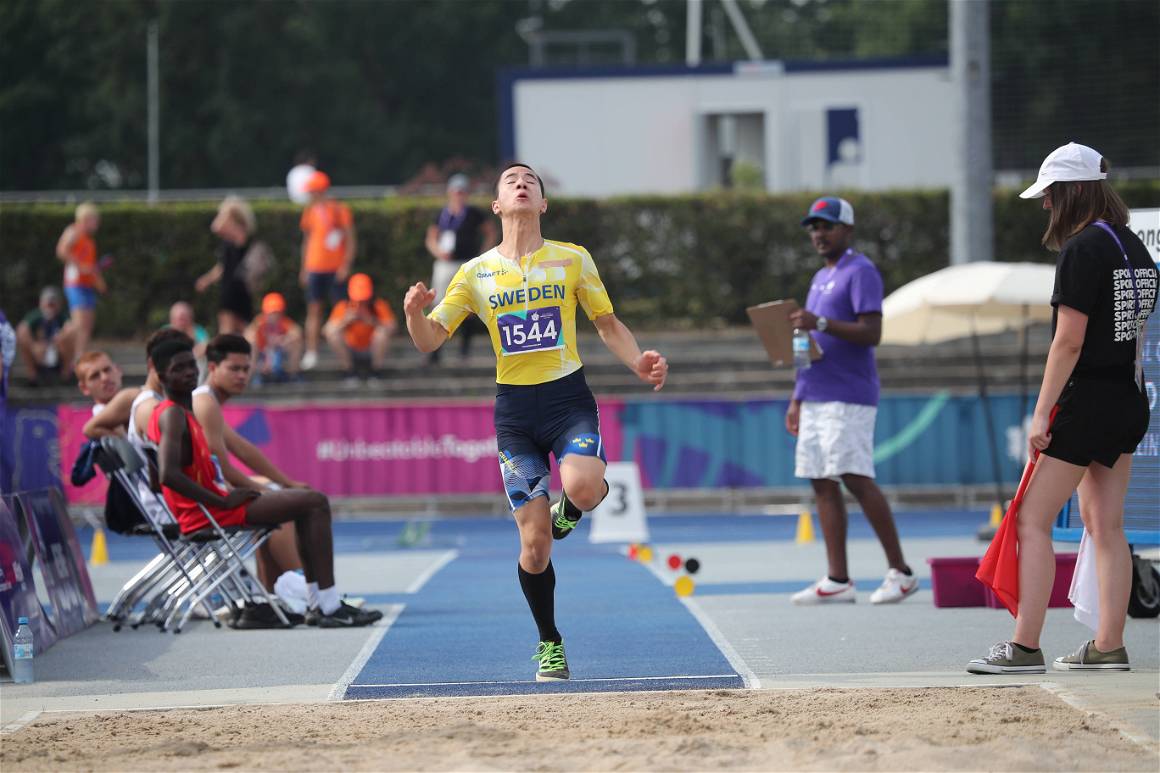
Paralympics Icon in Special Olympics
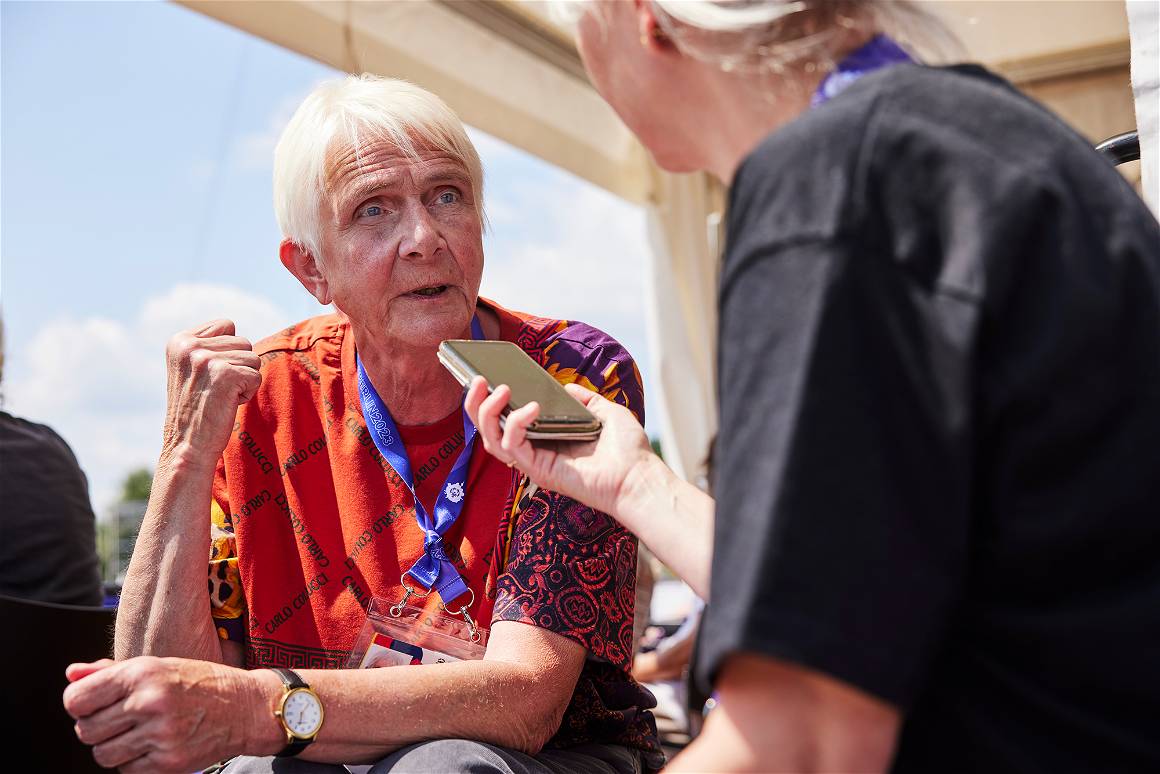
Marianne Buggenhagen, 70, is sitting in her wheelchair on the edge of the Hanns Braun sports complex near the Berlin Olympic Stadium, watching the athletics competitions with concentration. In her red outfit with a short white haircut and neon-orange sunglasses, the nine-time Paralympic gold medallist is an eye-catcher, recognized by many fans. But it’s not about her today, says Marianne Buggenhagen. For the past three and a half years, she has been training Special Olympics athlete Heidi Kuder, 17, in tandem with her niece Sandra Buggenhagen, 46. Marianne in the shot put and strength training; Sandra, an experienced track and field athlete, was in the 100-meter sprint and for the 4×100-meter relay.
As a former high-performance athlete, how did you get involved with the Special Olympics?
When I heard four years ago that the World Games were coming to Berlin, I was very excited. It’s a huge opportunity for inclusion. We have great potential in athletes with disabilities. But there are no clubs that are willing to let these athletes train with them or accept them. I have struggled for two years to find a club where athletes with disabilities can train at least once a week.
What is the problem?
The lip service. “We think it’s great that you’re committed to inclusion in sports. But we can’t do that.” Or even worse: “You can only look in front of their heads and not inside.” Of course, inclusive sports come with challenges: accessibility, transportation, special training schedules, 1:1 support. But it’s all doable if you want it to be. After all, we’ve done it.
After all, you were able to find an inclusive sports group at SG Schwanebeck that trains for the sports badge.
Exactly. There, we are not trimmed for performance. We just want every member to improve a little bit and get something out of the training. We practice how to balance over the balance beam, how to hold a racket, and how to walk better.
At the same time, you have your sights set on the World Games.
We already had that in mind when we started in Schwanebeck. To be able to send even just one or two people there – that would be the greatest thing we could manage, we told ourselves.
How did you achieve it?
Step by step. We first trained with Heidi for the national championships. She did very well there. She was also successful at the National Games. Then we said: There is still one goal. And that’s where we are today. The training in Schwanebeck has opened doors for us. For example, we looked for strong running opponents for Heidi and asked for them at the Panketal club. That was no longer a problem. Heidi was integrated from the first day, not taken by the hand, but accepted at eye level.
Ms. Buggenhagen, perhaps as the only world-class athlete, you got to know sports as a teenager, then para-sports and now Special Olympics. Can these three worlds be compared?
That’s difficult, of course. The acceptance of people with physical and mental disabilities is often still lacking in the population. Another very important distinction, also between Special Olympics and Paralympics: People with intellectual disabilities cannot deliver competitive sports in the usual sense. The focus is on the joy of movement and togetherness. But of course, like all people, they benefit enormously from sport. At these World Games, we experienced an almost blind autistic person who ran 60 meters here alone for the first time by orienting himself to the person in front of him. I had this experience myself back then when I got on a wheelchair: Sport helped me to cope with my everyday life. The concentration and the feeling of being able to accomplish something – that’s what connects the three worlds. So does the interaction with fellow human beings, the friendships that develop – that’s important for all sportspeople.
Interview and words by Nadja Bossmann (highlights from the original interview, translated from German.)
